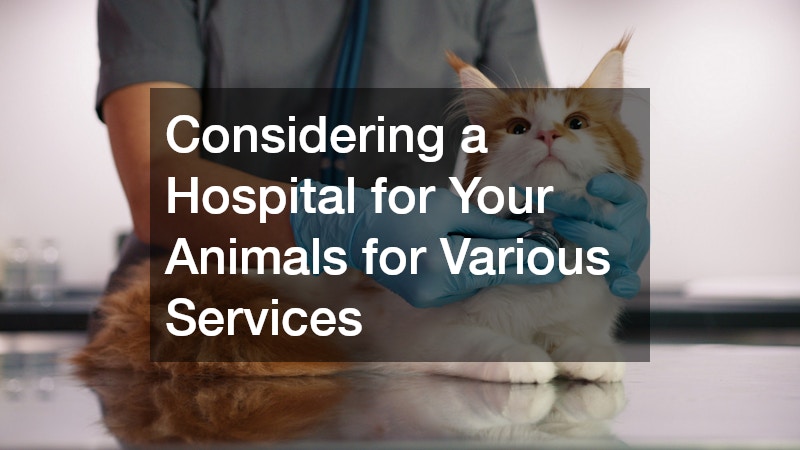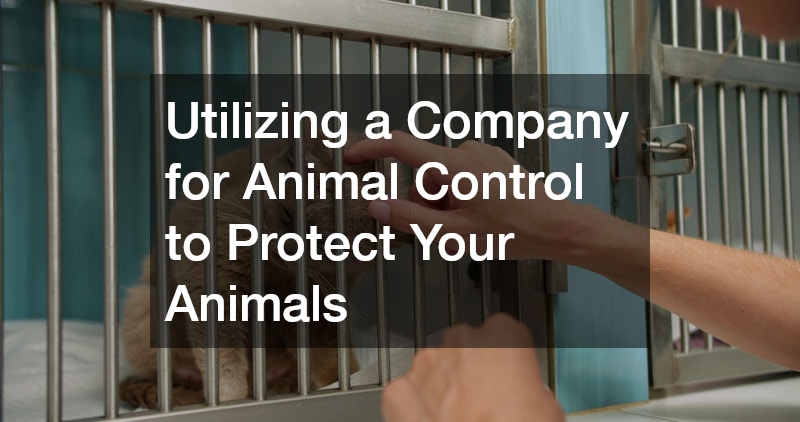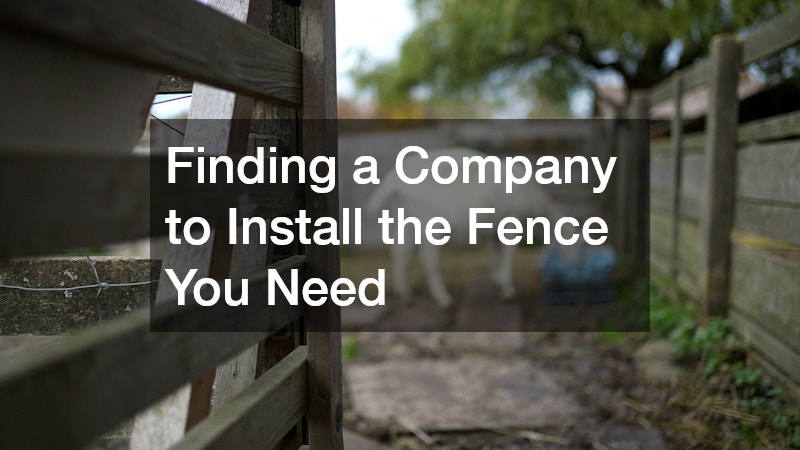One of the most empowering steps a pet owner can take is to commit to lifelong learning about their animal’s specific needs. Each species, and even individual animals within a species, can have vastly different health, behavioral, and emotional requirements. Recognizing these differences early on allows owners to tailor their approach and prevent issues before they arise.
Understanding your animal’s health needs and care is essential for maintaining their well-being and longevity. Whether you own a dog, cat, horse, or exotic pet, developing a foundational knowledge of their physical and emotional needs can help you provide the best environment possible. Healthy animals are more likely to thrive, behave well, and form strong bonds with their owners. A proactive approach to veterinary care, grooming, housing, and hygiene will go a long way in ensuring your animal lives a happy, healthy life.
Regular veterinary visits are at the heart of preventative care. Many clinics now offer a vet free first exam to encourage early detection of potential health concerns. Early intervention is often less costly and less stressful for the animal. From vaccinations to parasite control, these first exams can establish a solid health baseline.
It’s also important to understand that not all animal issues are medical. Some are behavioral or environmental. For example, an animal might act out due to a lack of mental stimulation or uncomfortable living conditions. Being observant and responsive to these signs helps you address problems before they escalate.
Nutrition is another critical element of animal health. Every species has specific dietary requirements, and even within a species, needs can vary based on age, activity level, and medical condition. Regularly reviewing your animal’s diet with a veterinary professional helps make informed decisions.
Grooming is often overlooked but plays a big role in animal care. Beyond appearance, grooming helps detect skin conditions, parasites, or abnormalities early on. It also provides an opportunity to bond with your animal and reduce stress.
Environmental safety cannot be underestimated. Ensuring your animal lives in a clean, hazard-free space affects both their physical and psychological health. Whether it involves secure fencing, clean bedding, or pest-free surroundings, the impact is significant.
Companionship and exercise are also integral to good health. Animals, like humans, need social interaction and physical activity to stay mentally sharp and physically fit. Tailoring activities to their abilities and interests helps maintain a good quality of life.
Finally, being informed about local services that support your animal’s care, from urgent care veterinarians to equipping you to manage any situation promptly and effectively. Let’s explore how a vet-free first exam intersects with each of these support services to create a holistic care plan.
Finding a Vet for Emergency Situations
Emergencies can happen at any time, which is why having access to an urgent care veterinarian is crucial. These professionals are trained to handle trauma, poisoning, sudden illness, and more. If your animal has not yet established care with a regular vet, the availability of a vet-free first exam can make all the difference in how quickly they receive life-saving treatment.
Urgent care facilities often have extended hours and walk-in capabilities, which are essential for after-hours incidents. These clinics can provide diagnostic imaging, lab tests, and emergency surgeries. Having already taken advantage of a free first exam at one of these clinics can streamline care during a crisis.
A vet free first exam also familiarizes your animal with the facility and staff. This helps reduce anxiety during a high-stress visit and allows the vet to access prior medical history, enhancing the accuracy of treatment.
Considering a Hospital for Your Animals for Various Services

Animal hospitals provide a comprehensive range of services from routine checkups to complex surgeries. A vet free first exam offers a gateway to understanding what kind of care an animal hospital can provide. It helps pet owners assess the facility, the staff, and the equipment before committing to long-term care.
Animal hospitals often house specialists such as dermatologists, cardiologists, and behaviorists. The free first exam might not cover specialist services, but it allows the general practitioner to identify the need for one. This leads to more accurate referrals and a cohesive care plan.
Additionally, an initial exam helps in creating a wellness plan tailored to your animal’s breed, age, and medical history. This includes vaccination schedules, dental care, and nutrition advice.
Using a Service to Clean Your Carpets
It might not seem like carpet cleaning is related to animal health, but it plays a vital role in maintaining a hygienic environment. Pet dander, fur, accidents, and mud can seep into carpets, becoming breeding grounds for bacteria and allergens. These elements can affect both human and animal health.
Taking your animal to a vet free first exam can uncover allergies or skin issues that might be worsened by a dirty environment. The vet might suggest more frequent carpet cleaning as part of the treatment plan.
A professional carpet cleaner uses pet-safe solutions and high-heat treatments that remove deeply embedded grime. Regular cleaning schedules coordinated with veterinary check-ups create a balanced hygiene strategy.
Utilizing a Company for Animal Control to Protect Your Animals

In some cases, your animal’s health issues may stem from interactions with stray or wild animals. An animal control company can help manage this aspect by removing potential threats from your property.
A vet free first exam can detect bite wounds, parasite transmissions, or behavioral changes stemming from such encounters. The vet may recommend contacting animal control to safeguard your environment.
Furthermore, responsible pet ownership includes reporting dangerous or lost animals. When you visit a vet for an initial exam, they can guide you on best practices and local regulations involving animal control.
Securing a Fence for Safety
A secure fence is more than a convenience; it’s a health and safety necessity. Animals that roam freely are more prone to injuries, diseases, and conflicts with other animals. A fence reduces these risks significantly.
During a vet-free first exam, the veterinarian may assess behavior patterns that suggest your animal is an escape artist or highly territorial. They might recommend fence installation as a preventive measure.
Modern fencing options include invisible fences, wooden panels, and chain links, each with its advantages. A vet’s input can help choose the right solution for your animal’s temperament and physical condition.
Discussing Horse Stalls and Wood Shavings

For horse owners, choosing the right bedding is key to preventing respiratory issues, hoof problems, and infections. Wood shavings are a popular choice for their absorbency and comfort.
A vet free first exam is a great time to discuss your current stable setup. The vet can examine hoof and skin health, suggesting improvements if necessary. Issues like thrush or dermatitis might be linked to poor bedding conditions.
The type of wood shavings for horse stalls and the frequency of bedding changes may also be discussed, ensuring optimal stall hygiene. Using high-quality wood shavings can contribute significantly to your horse’s overall well-being.
Utilizing Garbage Removal Service
Garbage buildup poses serious health risks for animals. It attracts pests, emits harmful odors, and may contain toxic materials. Ensuring regular garbage pickup is essential for a healthy environment.
Veterinarians often see cases where animals ingest dangerous items from trash. A vet free first exam might reveal gastrointestinal distress, prompting advice on securing garbage and arranging more frequent pickups.
This initial visit also gives vets a chance to educate owners about common household dangers, including accessible garbage bins. A well-maintained home reduces the chances of illness and injury.
Finding a Company to Install the Fence You Need

While similar to a fence being installed, a dedicated fence company may offer custom solutions tailored to different animals. They might install barriers specifically designed for dogs, horses, or even small livestock.
A vet-free first exam can identify specific needs your animal has that influence the type of fencing required. Whether it’s preventing escape, deterring predators, or managing multiple animals, these insights help in creating effective enclosures.
Fence companies often work in tandem with animal behaviorists and veterinarians to design safe and suitable spaces. The free exam starts the conversation about physical safety and habitat planning.
Protecting Your Animals From Parasites and Pests
Parasites and pests can cause a range of health problems for animals, from fleas and ticks to rodents and insects. Coordinating veterinary care with reliable pest control is key to managing these threats.
A vet free first exam may include a basic parasite check or skin inspection. If pests are found, the vet will recommend pet-safe options. This might include indoor and outdoor treatments, and products like sprays, collars, or medications.
Some companies offer packages designed specifically for households with animals. Your vet can help assess these services, ensuring they align with your animal’s health needs.
Removing Wildlife For Safety and Relocation
Wild animals can pose risks to domestic pets. From spreading disease to initiating territorial fights, the presence of raccoons, snakes, or coyotes near your home is a serious concern.
A vet-free first exam allows you to discuss symptoms like unusual behavior, bites, or parasite infections that might result from wildlife encounters. The vet might recommend hiring a local wildlife removal service.
These services humanely capture and relocate wild animals while sealing entry points to your property. Coupling this with regular veterinary assessments helps build a safer living space for your pets.
Proactive wildlife management isn’t just about reactionary measures after an incident. It includes routine property assessments, education on animal behavior, and preventive actions like securing food sources and using motion-activated lights. By working closely with your veterinarian and a local wildlife team, you can address potential threats before they escalate. This collaboration strengthens your ability to maintain a stable, stress-free home environment for your pets, contributing to their long-term physical health and emotional security. Coupling this with regular veterinary assessments helps build a safer living space for your pets.
Implementing Your Animal’s Health Needs and Care
Understanding your animal’s health needs is a multi-layered process that goes beyond regular vet visits. It involves environmental awareness, proper nutrition, mental stimulation, and coordinated care from a network of service providers. Each plays a vital role in safeguarding your animal’s health and happiness.
Starting with a vet free first exam sets the foundation for ongoing care. It allows both the vet and the owner to chart out a personalized wellness plan. From there, ongoing observations and support services help fill in the gaps.
Urgent care veterinarians are crucial for emergencies and unexpected illnesses. Knowing where to go and having already established care can save your animal’s life in a crisis.
Animal hospitals offer comprehensive services and specialist access that can address a wide variety of conditions. The vet-free first exam introduces pet owners to these capabilities.
Home environment services like carpet cleaners and pickup of garbage reduce exposure to allergens and hazards. These directly impact both animal and human health.
Infrastructure investments like fencing and bedding, along with guidance from fence companies and wood shaving suppliers, contribute to physical safety and comfort.
Animal control, pest management, and wildlife removal services prevent external threats from affecting your animal’s health. These often-unnoticed aspects of care can be crucial in high-risk areas.
By approaching your animal’s care from multiple angles, you provide a comprehensive and proactive lifestyle that keeps them thriving. The vet free first exam is a powerful entry point into this ecosystem of health-focused services.
Ultimately, your commitment to holistic care improves not only the quality of your animal’s life but also your own. A healthy, happy animal is a joy to live with, and thoughtful preparation makes all the difference.
In addition to medical and environmental considerations, education is key. Staying informed about animal care trends, medical advancements, and local service offerings empowers owners to make better choices. Veterinarians, trainers, and service providers often host workshops, newsletters, or social content that helps owners stay up to date.
Technology also plays a growing role in animal health. From telemedicine to automated feeders and GPS collars, innovations are helping owners monitor and manage their animals’ well-being more efficiently than ever before. Integrating these tools into your care strategy can offer peace of mind and enhance safety.
Ultimately, your commitment to holistic care improves not only the quality of your animal’s life but also your own. A healthy, happy animal is a joy to live with, and thoughtful preparation makes all the difference.
Creating a care plan that includes local services and routine health checks means you’re not left scrambling when issues arise. Whether it’s addressing an emergency, seeking preventive treatments, or maintaining a clean environment, being prepared can greatly reduce stress for both you and your animal. The more proactive and integrated your approach, the more likely your animal is to lead a vibrant and fulfilling life.
